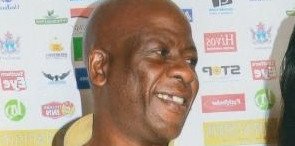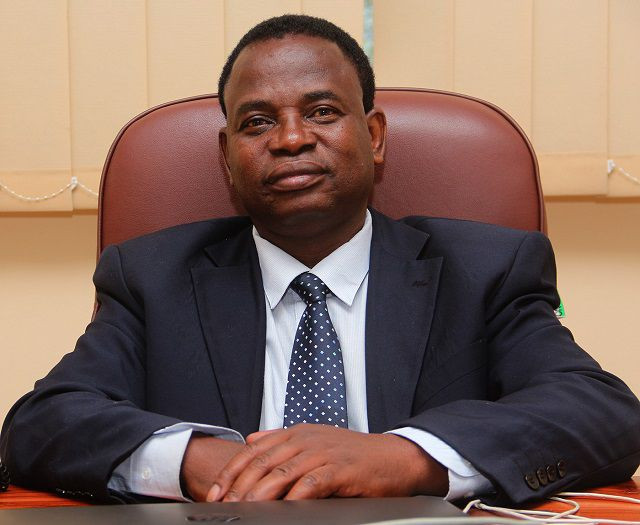
The regional arts industry is suffering setbacks affecting income and social wellbeing of people due to information gaps needed to enhance growth, says award-winning visual artist Forbes Mushipe.
Speaking from his base in Tanzania, Mushipe attributed East Africa’s arts industry’s growth to a stable political environment and several tourists’ destinations.
He said service to humanity was the best work of life citing that he has found a receptive community willing to make use of his knowledge.
“Most of my time I assist new and old galleries with concepts and innovative ideas to help them stay relevant to local and international audience,” Mushipe said.
“Curators and gallery owners have seen substance in my novel body of work and they are willing to create space for such in their portfolio of collected works.
“This is the kind of information I was struggling to fuse and share with many at home unfortunately they never took it serious until l got awarded for the work whose genesis is traced to experiments I did way back in Gweru.”
Mushipe said Zimbabwe and other countries should draw lessons from East Africa.
“In Tanzania it is really amazing the vast volume of international visitors, a friendly people and a stable political environment,” he said.
“As a region, Zimbabwe should take a leaf from others and find learning tools for peace building.
“It is in this agency of development that we should embrace growth without reservations to benefit art and other economic sectors.”
He said his decision to settle in Tanzania was influenced by the traditional art perspectives that dominate the East African market.
“The new galleries are not much into contemporary art like Zimbabwe, which I admit is more advanced, but as a person with foresight on the value of futuristic and experimental art perspectives,” Mushipe said.
“I now encourage these galleries to face the changing tides in this direction of disruptive evolution, surprising it’s paying off.”
The Nama award-winner admits that Africa was overwhelmed with challenges affecting the arts industry.
“The artistic geo politics has a dynamic and detail perspective that should allow for the realisation of art as a commodity that significantly contributes to the gross domestic product and should attract a decent resource allocation in the national budgets of all African countries regardless of the region,” he said.
“East African Community and Southern African Development Community should come together in promoting regional economic integration and cooperation with the hope of uplifting the people.
“Lack of political will in stamping out poverty is and has always been the missing link needed for the continent to realise a success in the promotion of regional trade.”










